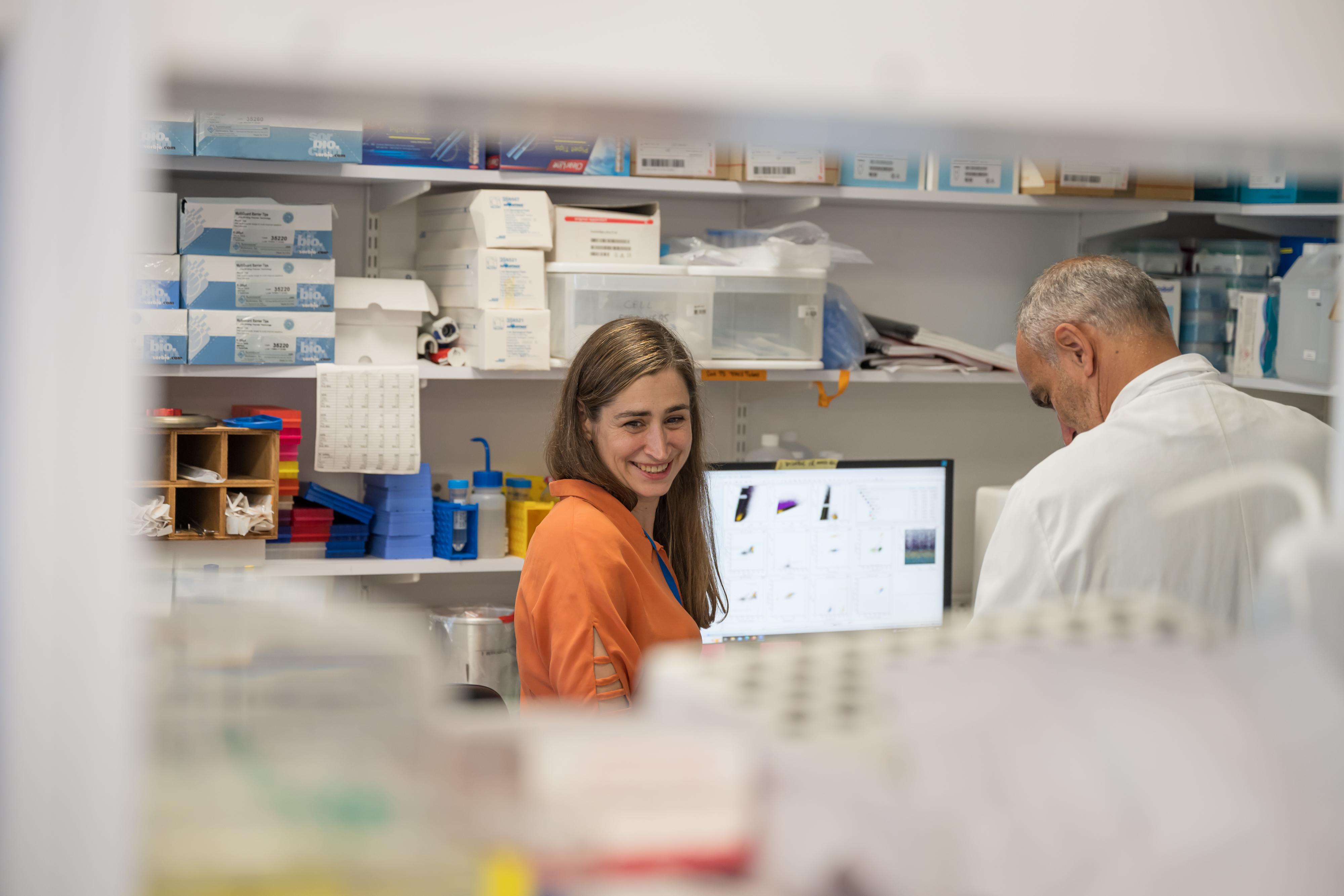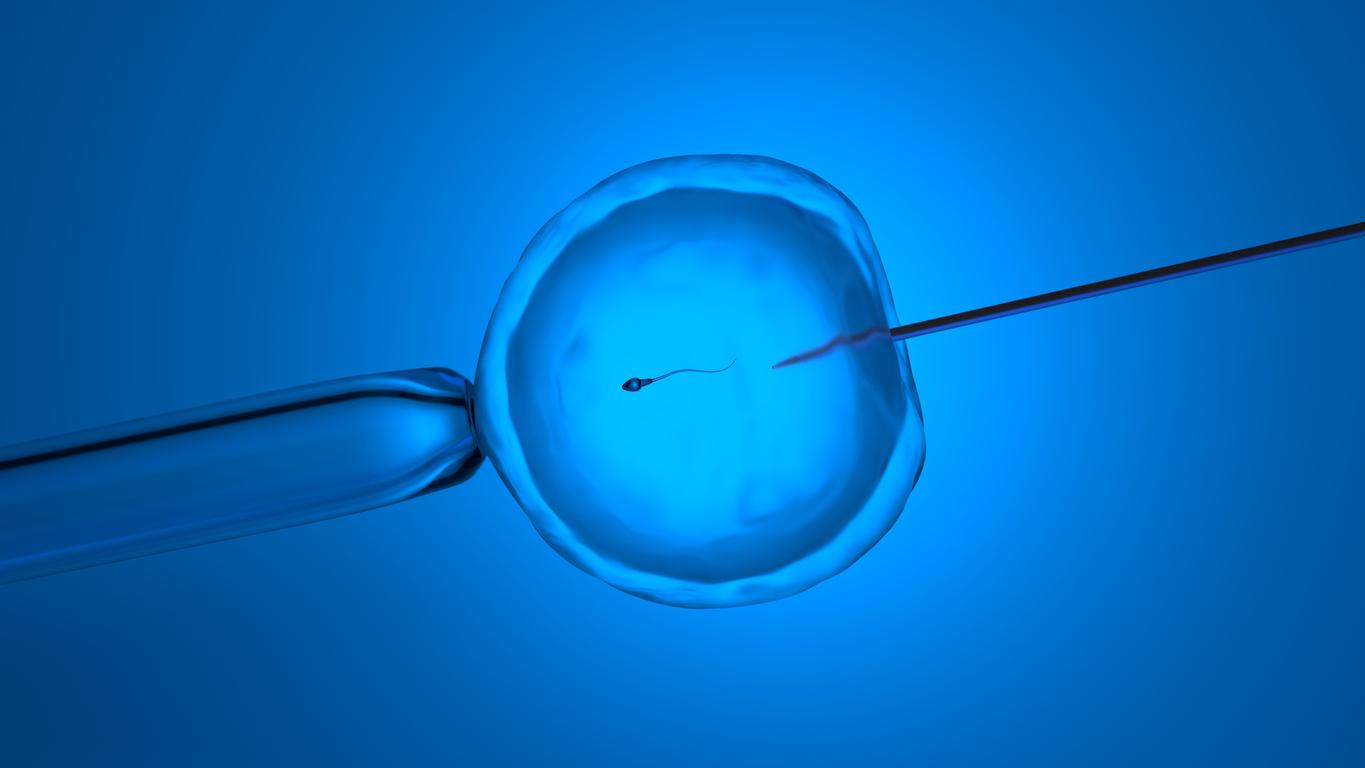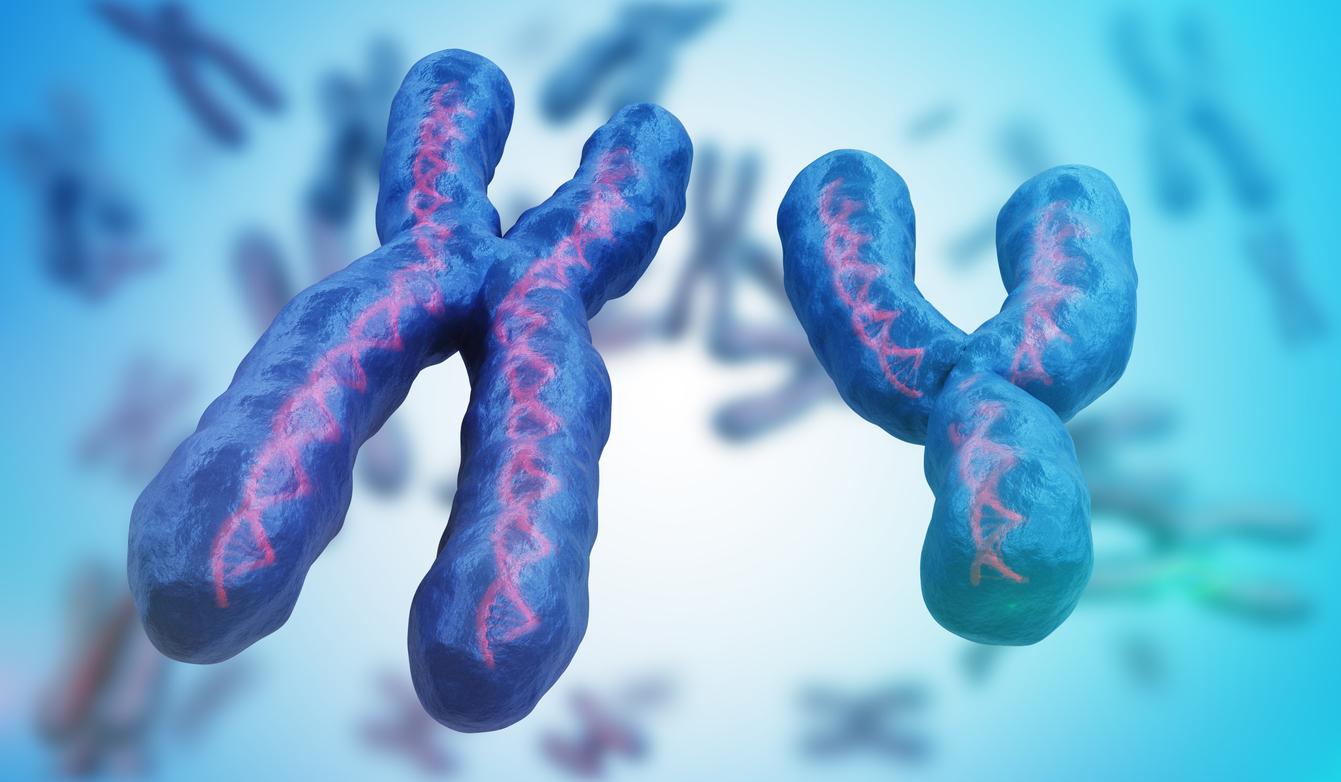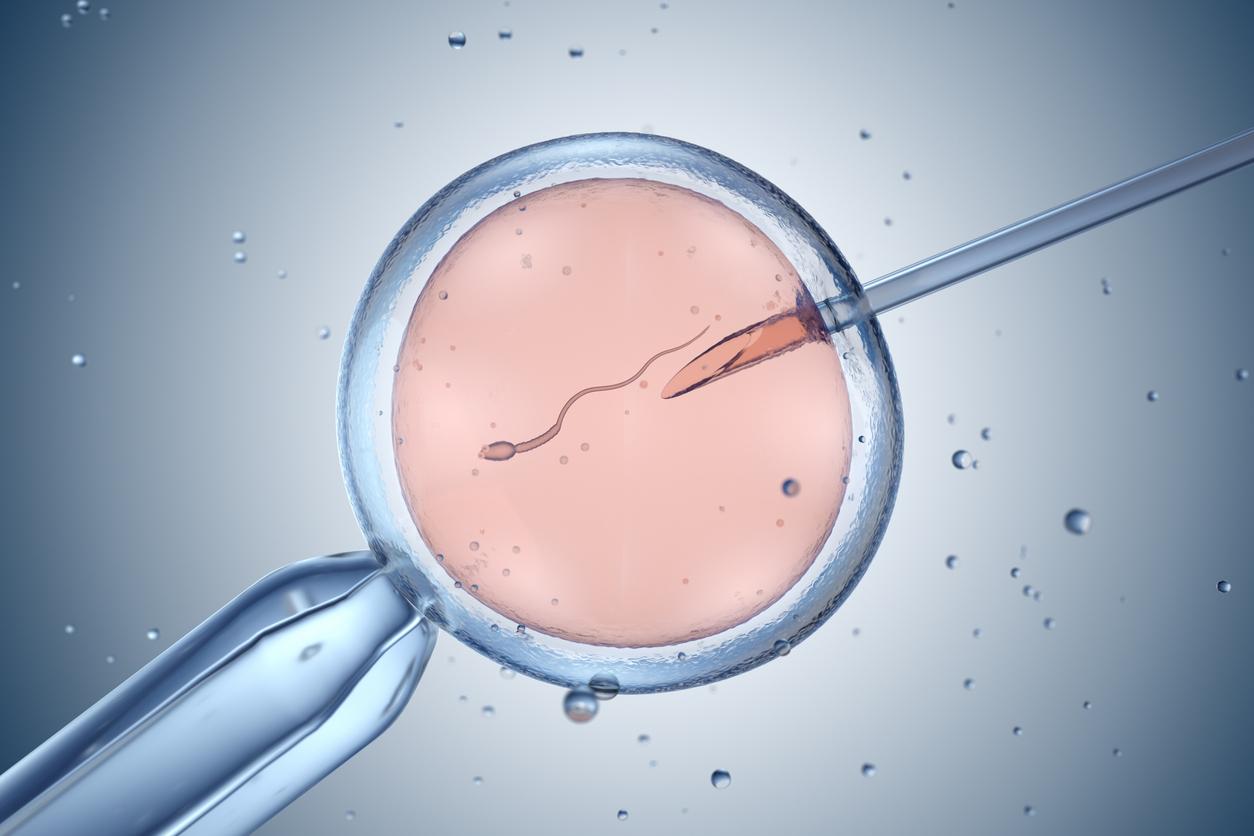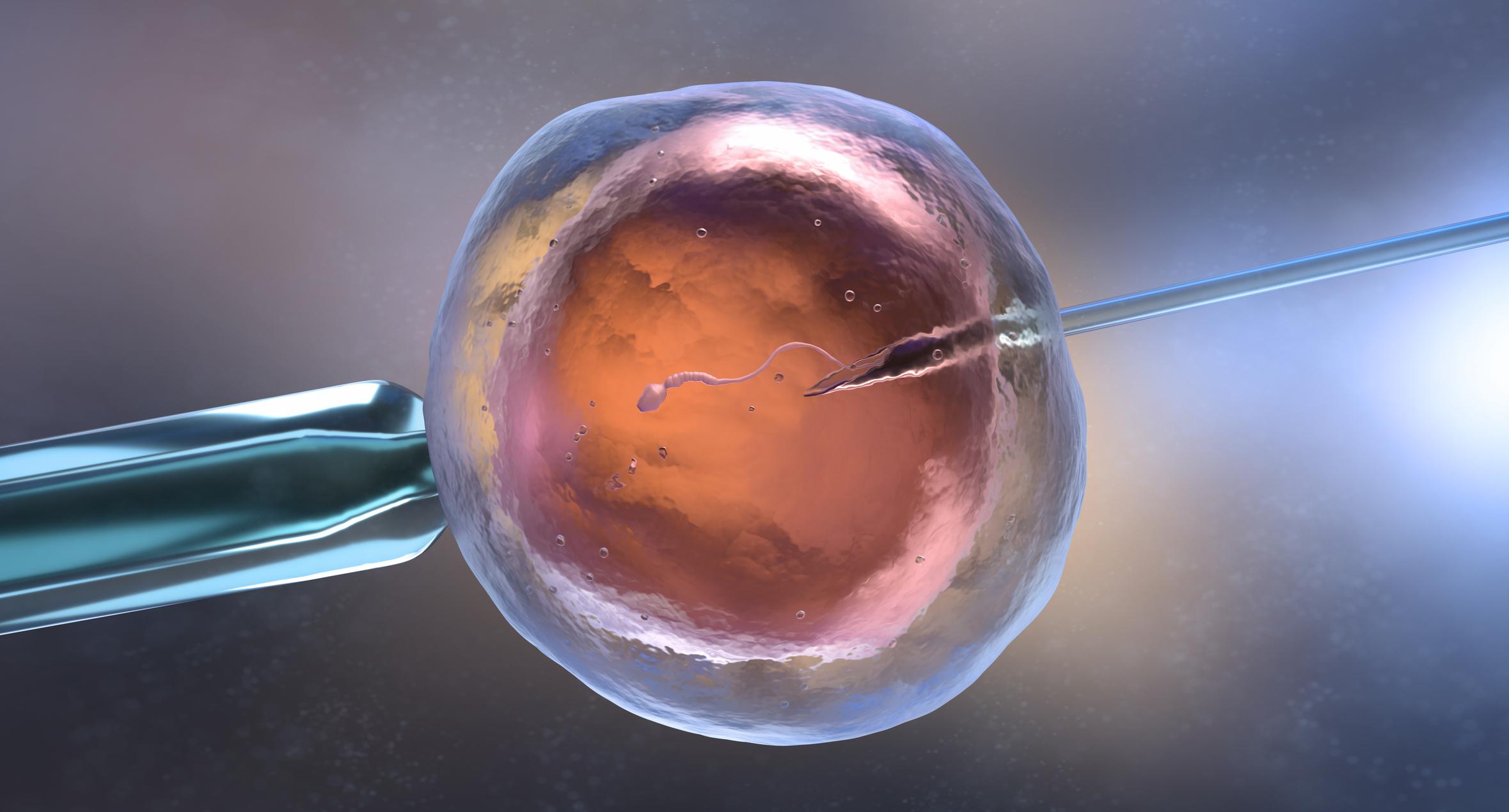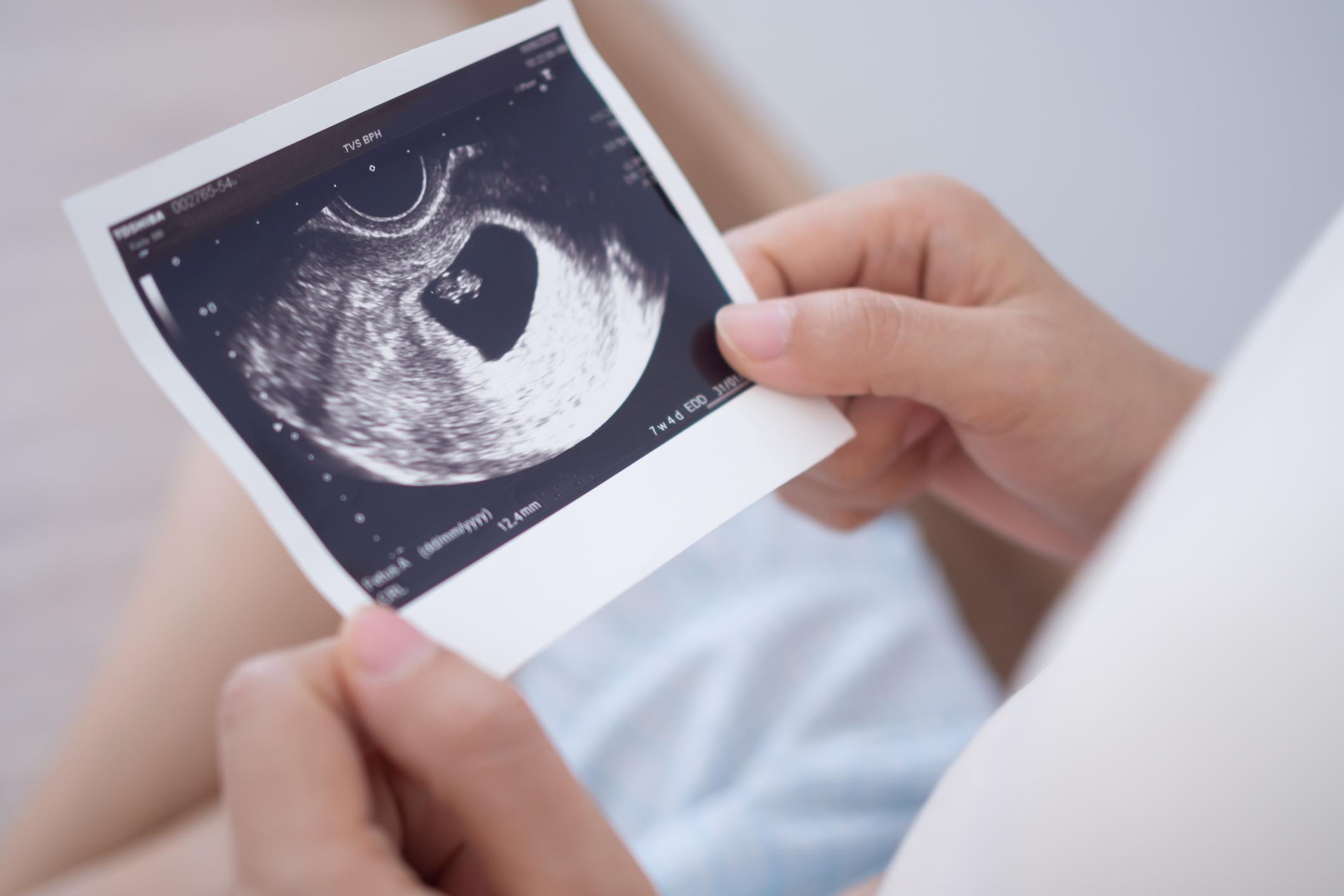The measure was to allow the experimentation of screening for chromosomal abnormalities before in vitro fertilization for couples who have experienced a miscarriage or a failure of medically assisted procreation.

Article 19 ter of the bioethics bill is deleted: it authorized the search for chromosomal abnormalities in the context of pre-implantation diagnosis during in vitro fertilization. On Tuesday, January 28, senators voted against this provision.
The “sorting of embryos”
The analysis of chromosome abnormalities was expected to improve the success of in vitro fertilization (IVF) for women with a history of miscarriage or IVF failure. For the leader of the Republicans in the Senate, Bruno Retailleau, it is a “eugenics approach” which consists of “sorting the embryos and eliminating those which are not normal”. For her part, the Minister of Health, Agnès Buzyn, affirms that the effectiveness of this method is “far from being demonstrated” and that “time is still for research”.
The “baby medicine” technique authorized again
At the same time, a measure, withdrawn by the National Assembly, was reintroduced in the text: that authorizing the technique of “baby medicine” or “baby hope”. It is intended for parents whose child has a rare genetic disease and for which they cannot find a compatible donor. A double pre-implantation diagnosis is carried out on the embryos in order to ensure that the one that will be kept is not a carrier of the disease and that its tissues will be compatible with those of the sick child. At birth, stem cells are taken from the umbilical cord and transplanted into the sick child to treat it. This method is now authorized but very rarely used. Since its introduction ten years ago, 25 couples have used it.
Several stages before the adoption of the text
Decisions on these two measures are not final. The text must be voted on as a whole on Tuesday February 4 in the Senate, before being examined again by the National Assembly in April. In May, senators will proceed to a second reading of the bill. Its adoption could take place during the summer.
.








